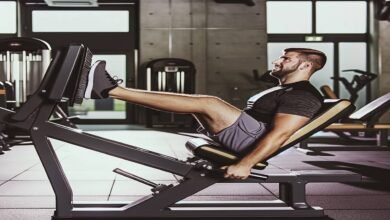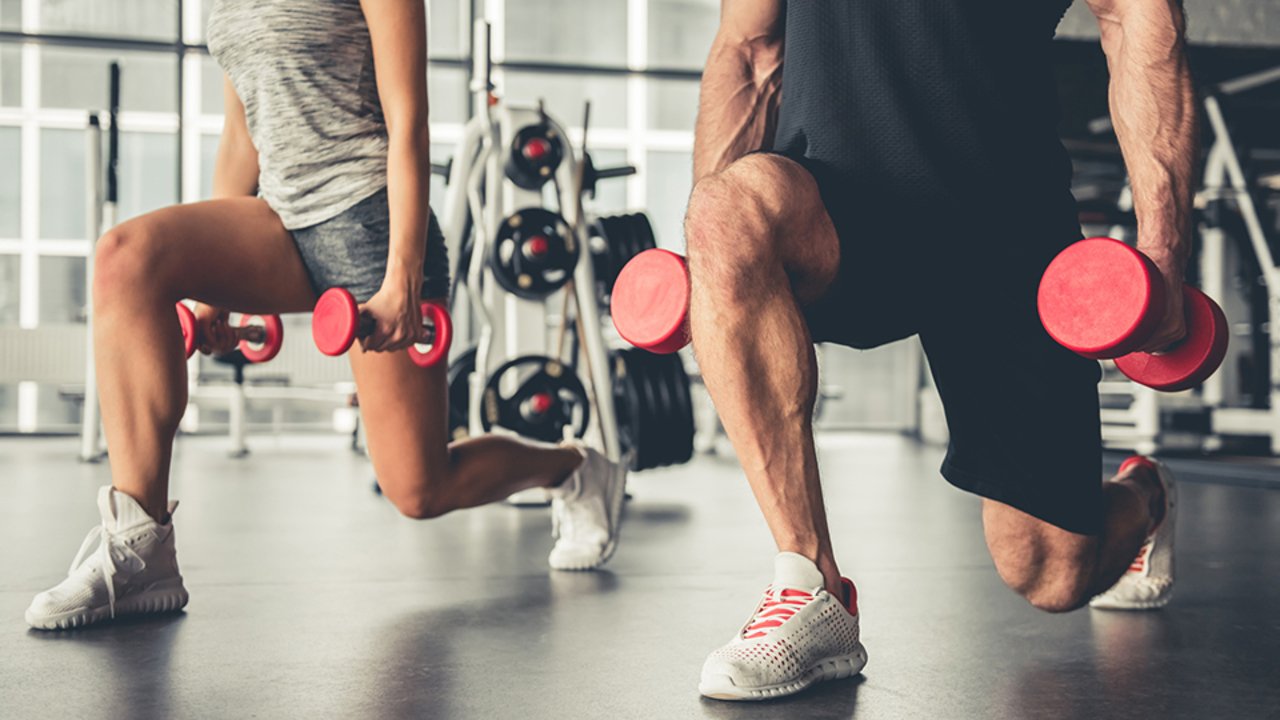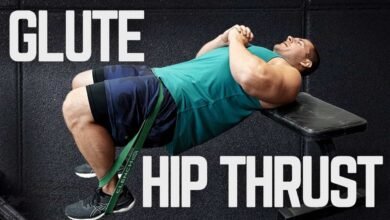Unleashing the Power of Pulsing Squats

If you’re seeking out exercising to venture your lower frame power and decorate your stamina, flexibility, and average health, then pulsing squats are your pass-to-move. Often disregarded in favour of their traditional counterpart, pulsing squats provide a dynamic twist to the classic squat by incorporating a pulsing movement that intensifies the exercise and continues the muscular tissues engaged for an extra extension. This guide delves into the blessings of pulsing squats, an appropriate technique to maximize effectiveness, and versions to keep your workouts clean and complex.

What is a Pulsing Squat?
A pulsing squat is a variation of the traditional squat workout, wherein in preference to returning to a standing role after descending into the squat, you live in the reduced stance and carry out small, pulsing movements. These pulses decorate muscle anxiety and engagement, making the exercise more difficult and valuable.
The Unmatched Benefits of Pulsing Squats
Pulsing squats are not just every other exercise fashion; they’re a powerhouse movement that brings a plethora of advantages to the desk:
Enhanced Muscle Activation: The constant pulsing keeps your muscles engaged, selling strength, patience, and boom. This targeted method benefits critical muscle groups such as the glutes, quadriceps, hamstrings, and calves. This technique correctly challenges and stimulates muscle development by sustaining tension over time, contributing to decreased frame power and resilience.
Boosted Metabolic Rate: Pulsing squats, with their dynamic motion, increase your heart price, leading to a heightened metabolism. It multiplied metabolic fee allows extra consequential calorie-burning and fat loss. You determine your muscle mass by accomplishing this exercise and selling cardiovascular fitness and ordinary health. Incorporating pulsing squats into your exercise routine can contribute to correctly attaining your weight reduction and fitness dreams.
Improved Balance and Coordination: This dynamic movement demands the frame to keep control and stability simultaneously, enticing a couple of muscle agencies. Incorporating this exercise into your routine can improve physical coordination and support your core muscle groups, contributing to higher everyday health and helpful motion.
Increased Flexibility and Range of Motion: Consistently incorporating pulsing squats into your exercise can improve flexibility, particularly in essential regions such as the hips, ankles, and lower back. Its multiplied flexibility aids in achieving a wider variety of motion, enhancing universal mobility and performance throughout numerous sports. By often training in this exercise, people can enjoy stepped-forward flexibility and motion comfort, mainly strengthening the beginning.
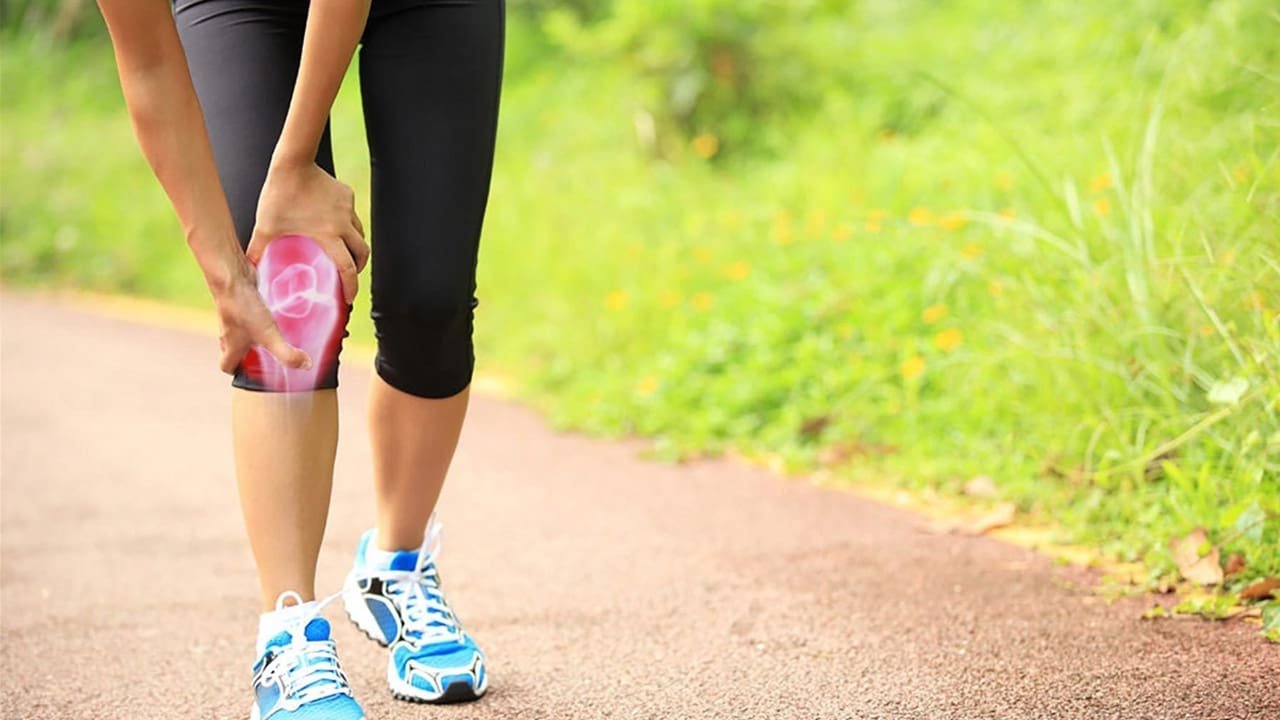
Reduced Injury Risk: Pulsing squats are beneficial sports that enhance muscle electricity, stability, and flexibility, reducing the likelihood of accidents. These squats contain short, controlled moves at the bottom of the squat role, successfully attracting muscle groups and enhancing balance. Incorporating pulsing squats into your workout routine can beautify your overall bodily performance and decrease the threat of accidents during everyday obligations and athletic endeavours.
Mastering the Pulsing Squat: Technique and Form
The correct shape and method are paramount to obtaining all the blessings for pulsing squats. Here’s the way to execute them flawlessly:
Start Position: To nicely execute the stance, position your feet slightly wider than hip-width apart, with your feet pointing outward. Engage your centre muscle tissue, ensuring they may be activated, and maintain an upright posture with your chest lifted and shoulders pulled again. This alignment optimizes stability and posture at some point in numerous sports.
The Descent: To begin a squat, hinge on the hips and bend your knees, decreasing yourself as though sitting in a chair. Keep your knees aligned with your toes, and avoid letting them pass beyond your feet. This right shape guarantees effective engagement of leg muscle tissue while minimizing the threat of damage to your knees.
The Pulse:
- Avoid standing up in the backside squat position and preserve a low stance.
- Engage in small, managed pulses, moving up and down inside a one-inch variety.
- Focus on maintaining fluid and continuous actions throughout the exercise, which helps decorate muscle engagement and patience while maximizing the effectiveness of squat exercises.
The Return: After completing a hard and fast of pulses, typically 10 to fifteen repetitions, shift your weight onto your heels and use them to propel yourself returned to the initial function. This motion engages the muscular tissues otherwise and adds resistance, enhancing the workout’s effectiveness.
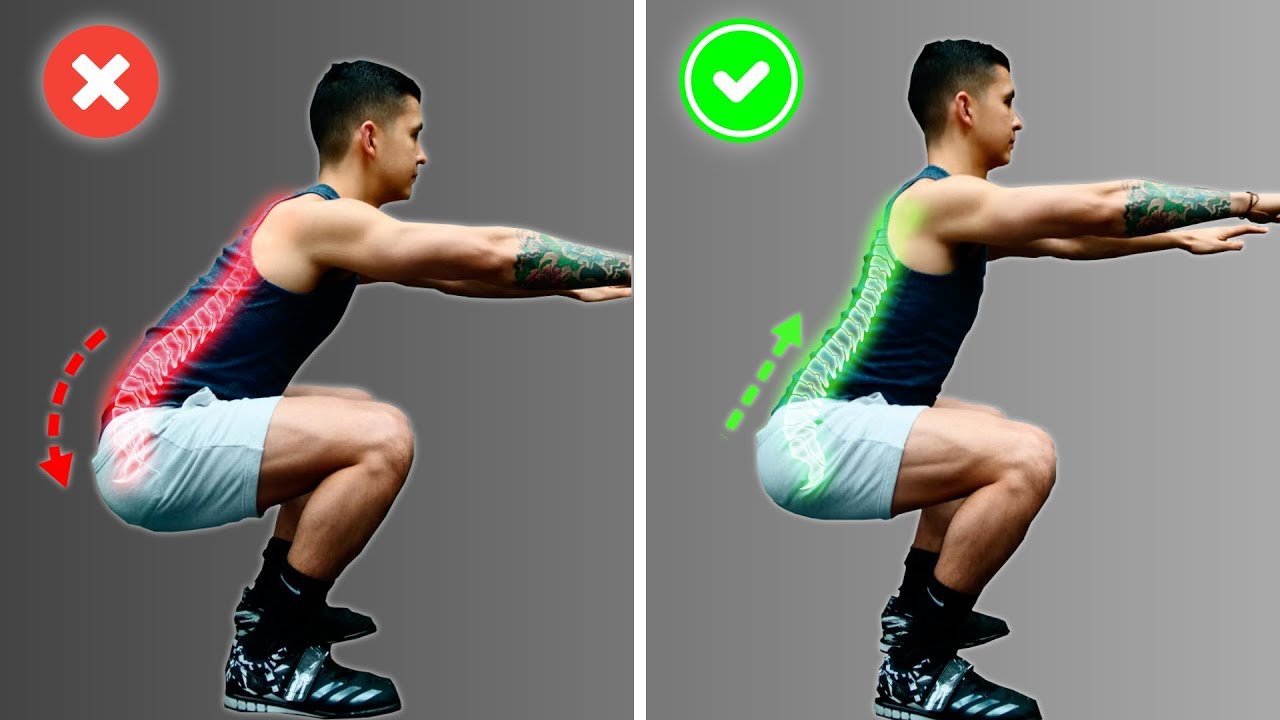
Common Mistakes to Avoid
Knees Over Toes: Allowing your knees to increase beyond your toes can pressure your joints unnecessarily.
Rounded Back: Keep your spine neutral and chest up to avoid strain on your back.
Lifting Heels: Keep your heels planted to hold stability and maximize muscle engagement.
Variations to Spice Up Your Routine
Weighted Pulsing Squat: Incorporating weights with dumbbells or kettlebells into your exercise can boost the depth and offer additional resistance, pushing your muscle mass to work more difficult. It added task helps stimulate muscle growth and power improvement, leading to greater extensive fitness profits over time.
Pulsing Sumo Squat: To successfully target your internal thighs and glutes from an exclusive perspective, undertake a wider stance with your feet pointing outwards. This positioning engages these muscle groups extra intensely, supplying a broader range of movement and selling balanced development. Incorporating this stance variation into your workout routines can enhance the lower-frame electricity and definition.
Single-Leg Pulsing Squat: Performing the pulsing squat one leg at a time challenges stability and increases awareness on every leg separately. This workout complements balance and strengthens leg muscle tissues efficaciously. IIsolating every leg promotes symmetrical improvement and addresses power imbalances, improving decreased body strength and balance.
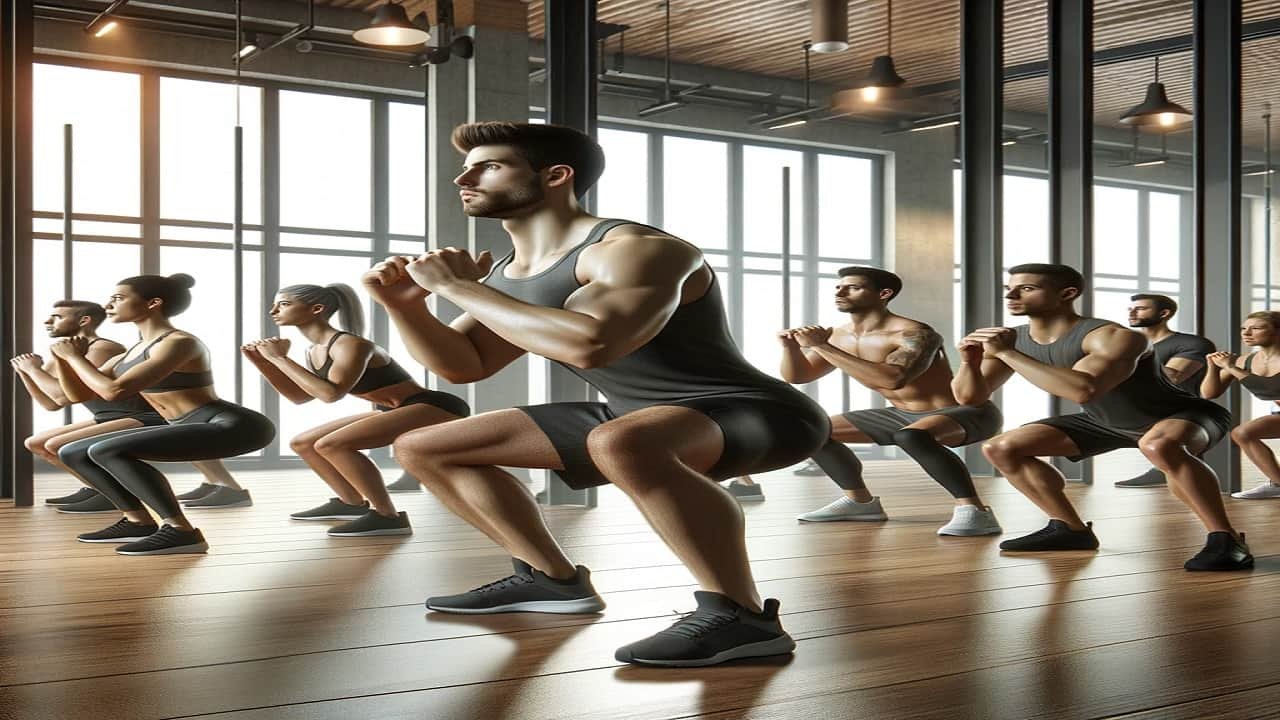
Conclusion
Incorporating pulsing squats into your exercise routine can dramatically improve your bodily fitness, offering blessings beyond the gymnasium. Whether you’re a pro athlete seeking to beautify your overall performance or someone seeking to enhance your typical health, pulsing squats are a flexible, practical, and rewarding addition to any.
FAQs For Pulsing Squats
How generally a week ought to I do pulsing squats?
Incorporating pulsing squats 2-three instances a week allows for muscle restoration and increase, making sure you reap maximum advantages without overtraining.
Are there any changes for novices?
Beginners must be aware of learning the form with body weight before including pulses. Using a chair for help also can help preserve stability and ensure the right method.
What if I experience a knee ache while doing pulsing squats?
If you revel in a knee ache, reevaluate your shape, ensure your knees are not extending beyond your toes, and consider reducing the intensity of your squat. Consulting with a fitness professional can also offer customized advice and modifications.

